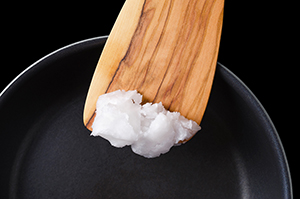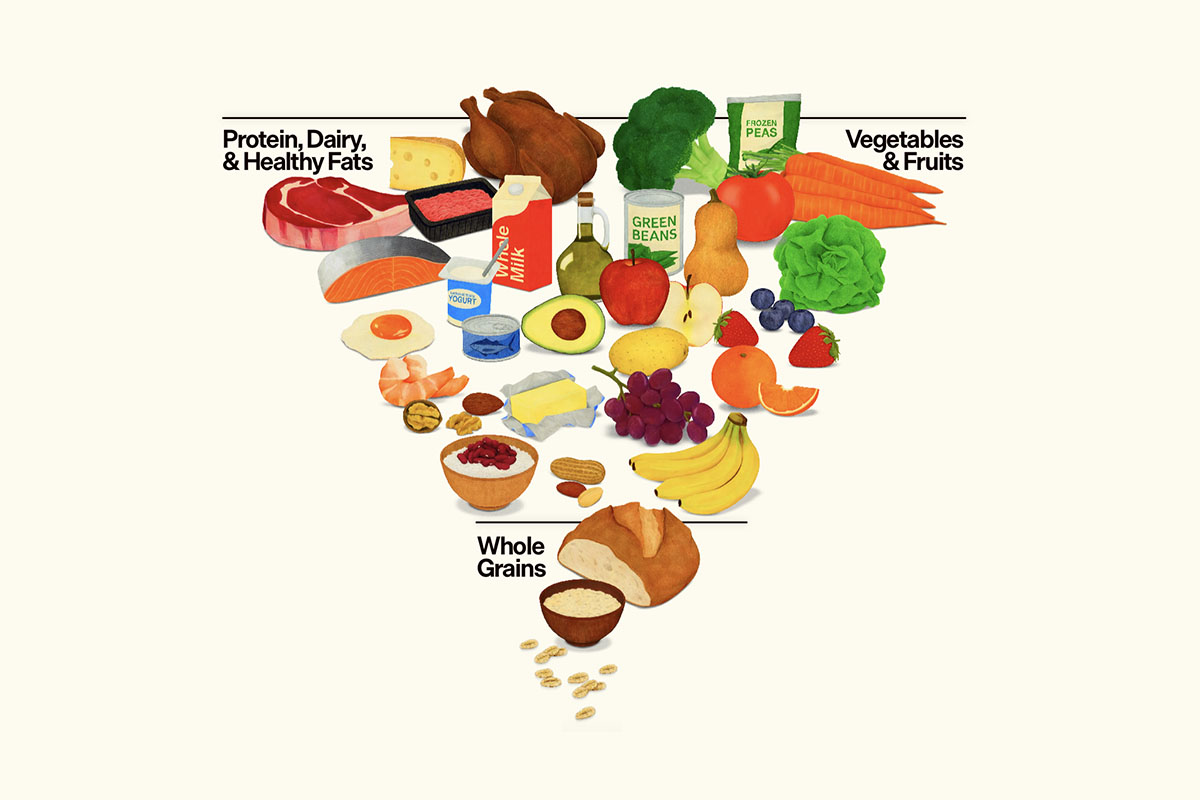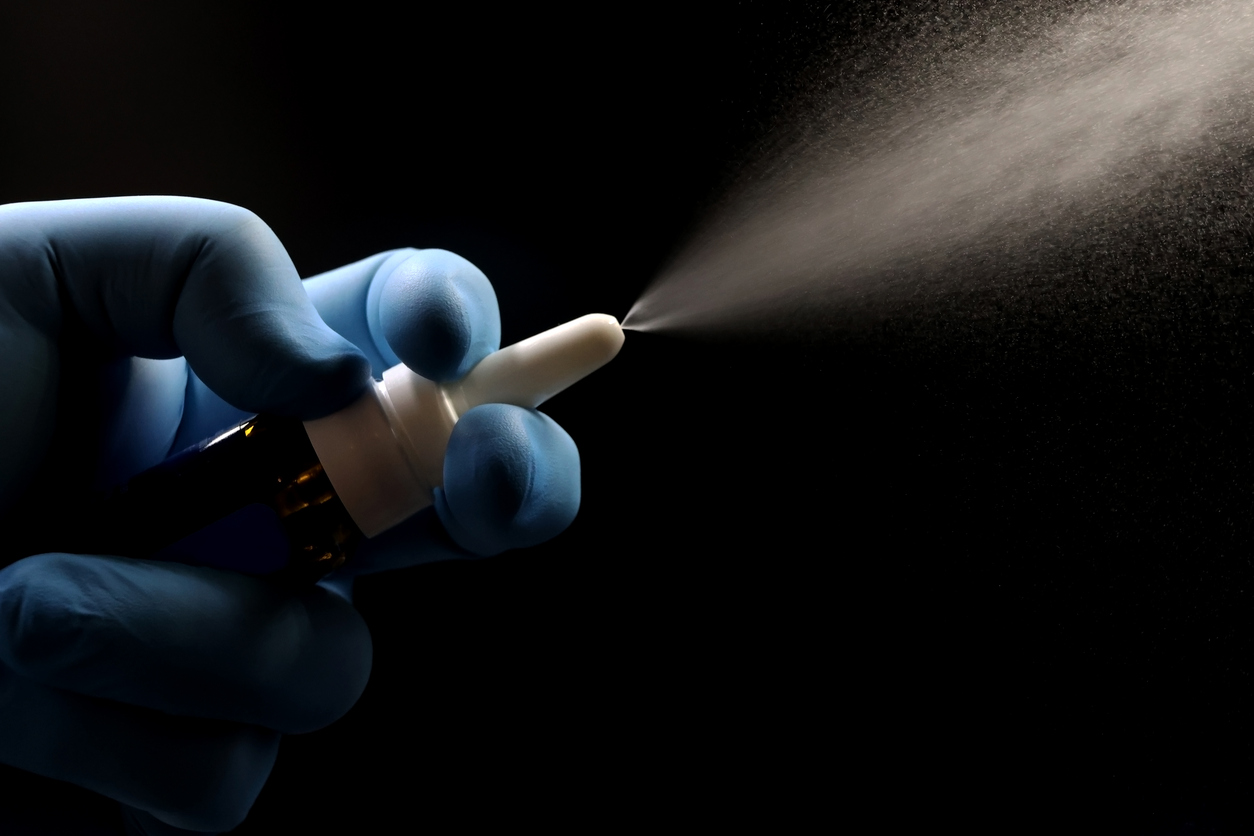Q: My doctor tells me my cholesterol is too high. I’m a 69 year old active woman with a total cholesterol of 314. I’ve incorporated virgin coconut oil in my daily diet and I’m certain that’s what raised all my numbers. Should I be worried? Here’s the rest of my lipid panel:
LDL: 169
HDL: 134
Triglycerides: 55
A: Coconut oil is one of the most saturated fats on the planet but because most of the fats contained are medium chain triglycerides (MCTs), they’re a source of quick energy and are preferentially burned as fat, rarely raising LDL levels.
Saturated fats such as the medium chain triglycerides (MCT) serve very important functions in human health. Coconut oil is a major source of MCTs such as lauric, caprylic and capric acids which are used primarily for energy and are quite effective in fat loss. Lauric acid in particular possesses special antimicrobial properties (antiviral, antibacterial and antiprotozoal), is present in human milk, and critical in infant nutrition. However, it has been shown in the scientific literature to raise HDL levels, which may explain why yours is so high. Interestingly, we normally find these extraordinarily high HDL values in the presence of hypothyroidism. This merits an evaluation by your doctor or endocrinologist.
A total cholesterol of 314 is less important than the breakdown. Yes, you have a high LDL, but what is your particle size? Is it mostly Pattern A (desirable) or Pattern B (more atherogenic)? This can be found out through a VAPS test or NMR test that your doctor can order for you. The same tests can also clarify what types of HDL particles you have. With regard to your triglycerides, they are absolutely gorgeous at a level of 55.
Another important test is to determine if your cholesterol is being oxidized. As I’ve explained in last week’s article in the Intelligent Medicine newsletter, oxidized LDL is an important risk factor for cardiovascular disease.
If you want further reassurance about your risk factors for cardiovascular disease, request an EBT heart scan from your doctor. This will show if there are any calcifications present, and to what degree, in your coronary arteries.
Contrary to what the American Heart Association continues to assert, dietary saturated fats aren’t associated with cardiovascular disease. This notion has been debunked by science. Coconut oil is a functional food providing high quality fats important for weight loss, cardiovascular health and neurological conditions such as Alzheimer’s disease.
To your health!
Leyla Muedin, MS, RD, CDN
As you may know, I’ve been doing a weekly “Q&A with Leyla” podcast feature with Dr. Hoffman. Now you can get my perspective and expertise every Friday on my own episode of the Intelligent Medicine Podcast. If you missed last week’s, you can listen here. To be sure you don’t miss out on any of my important insights and information, subscribe today!








